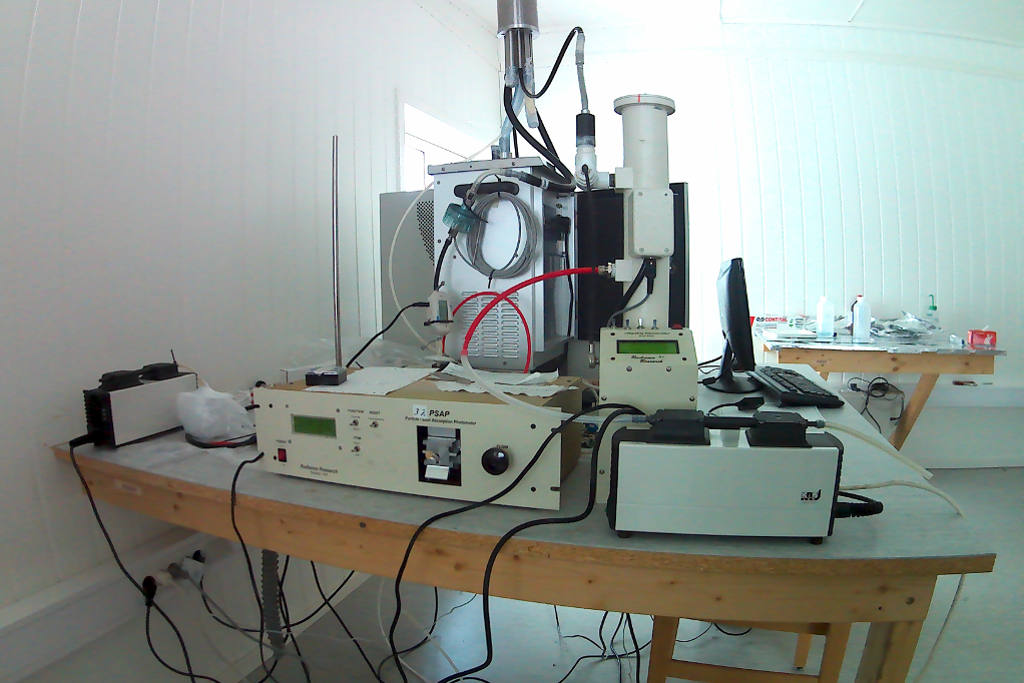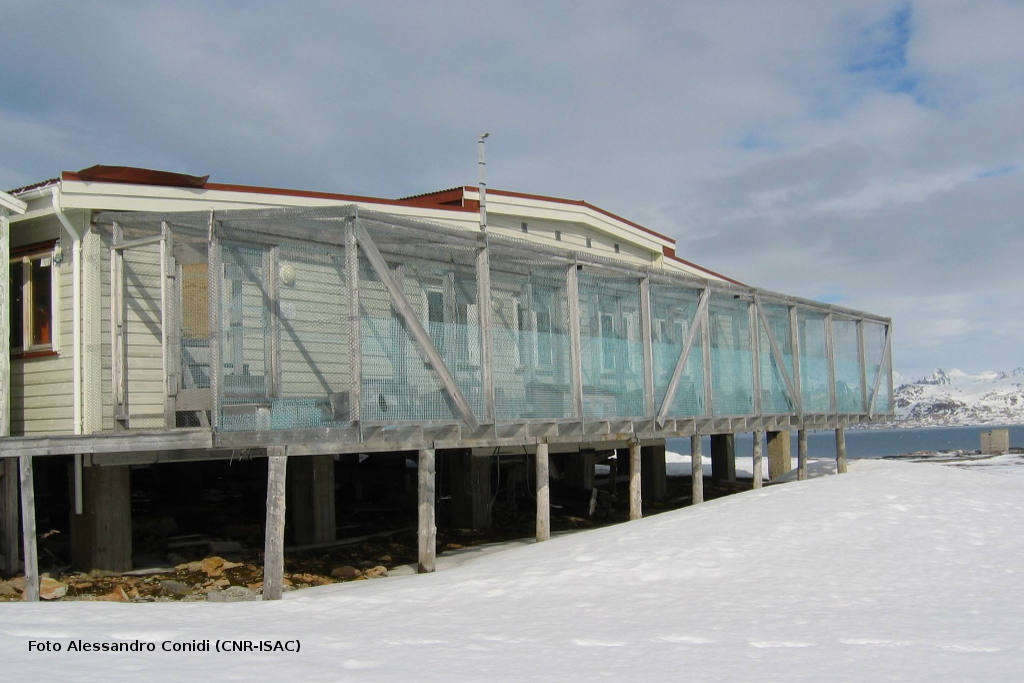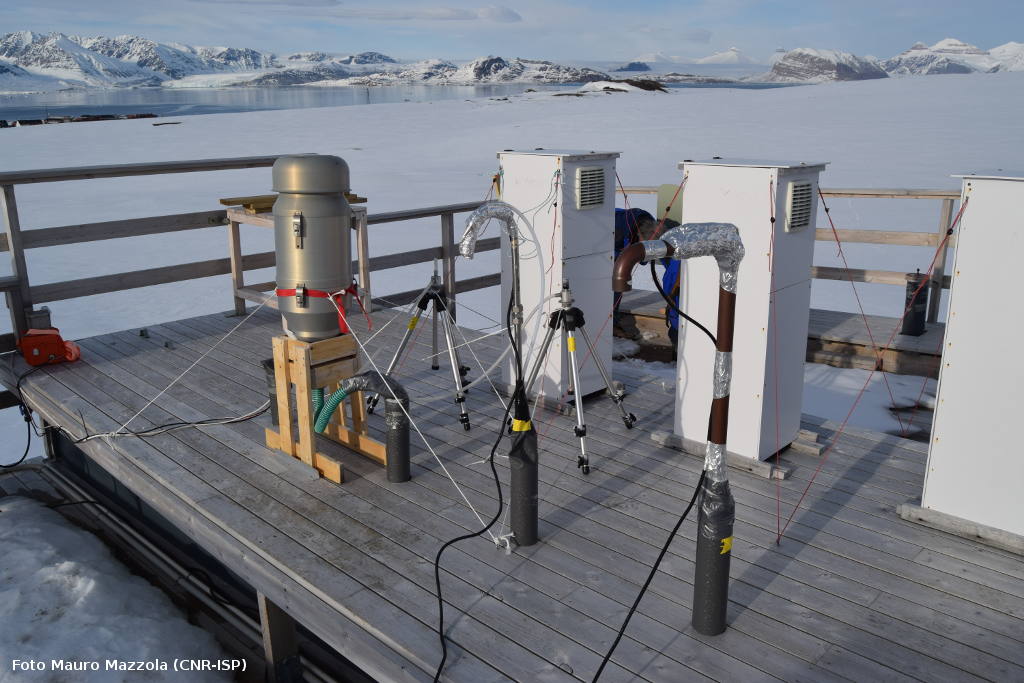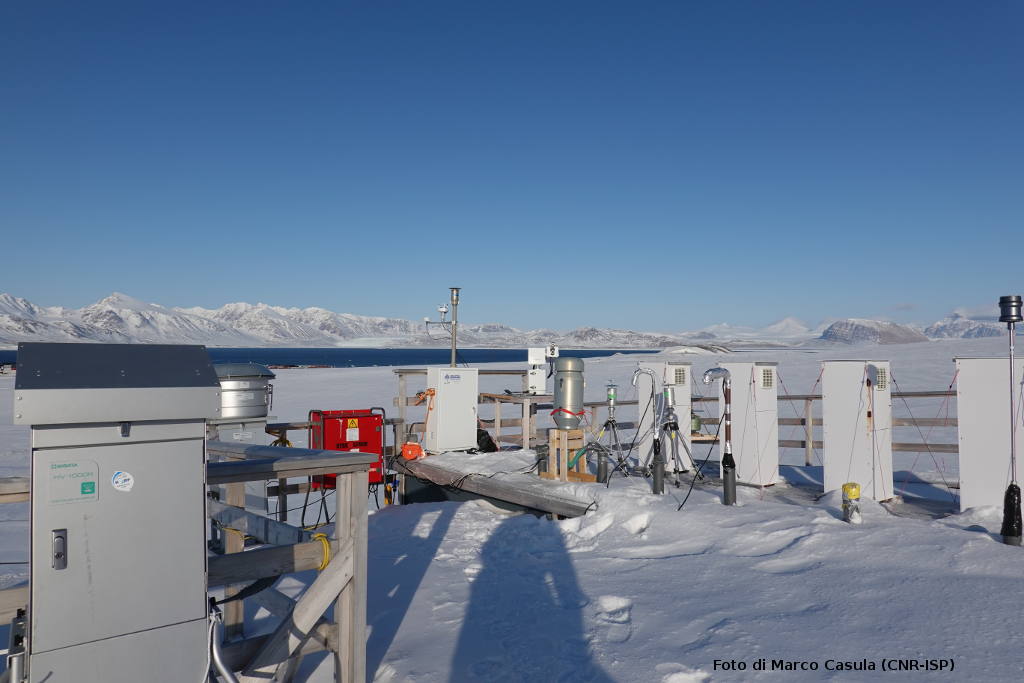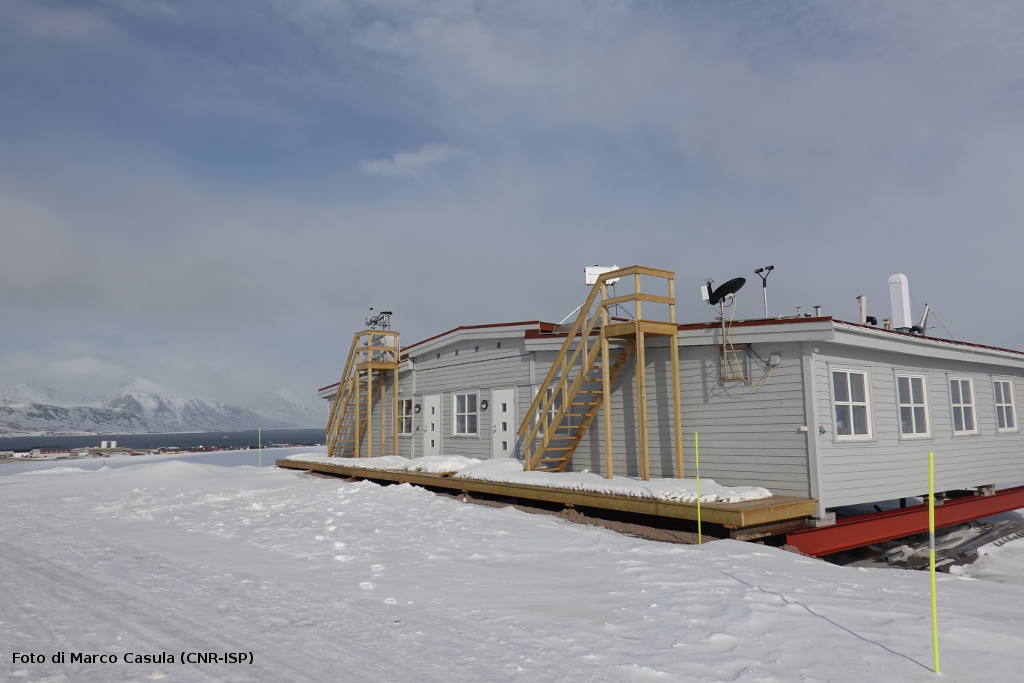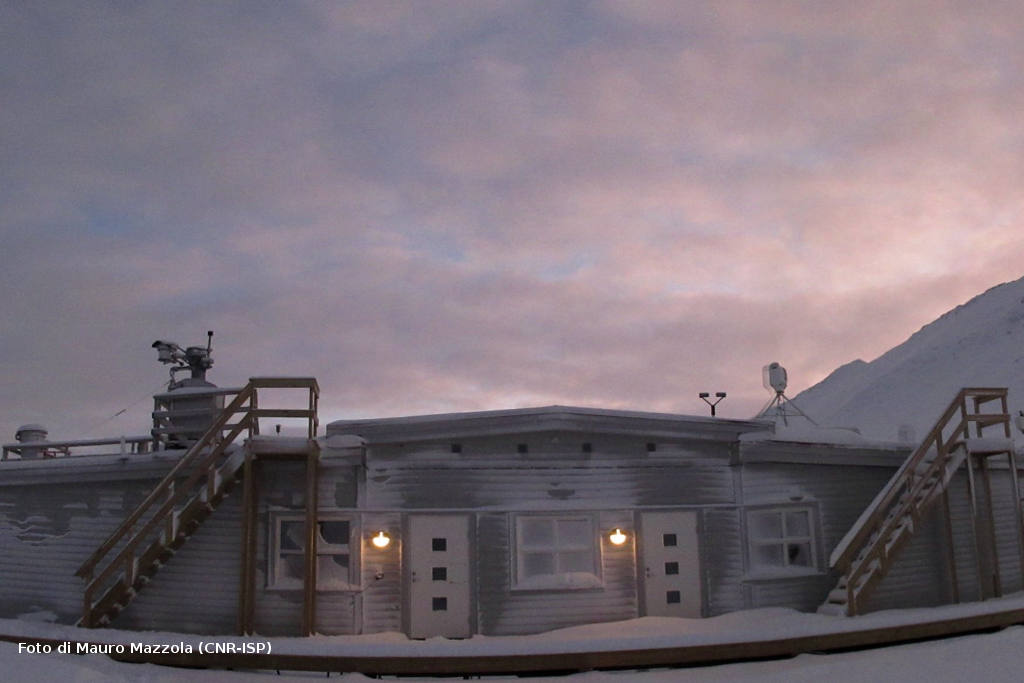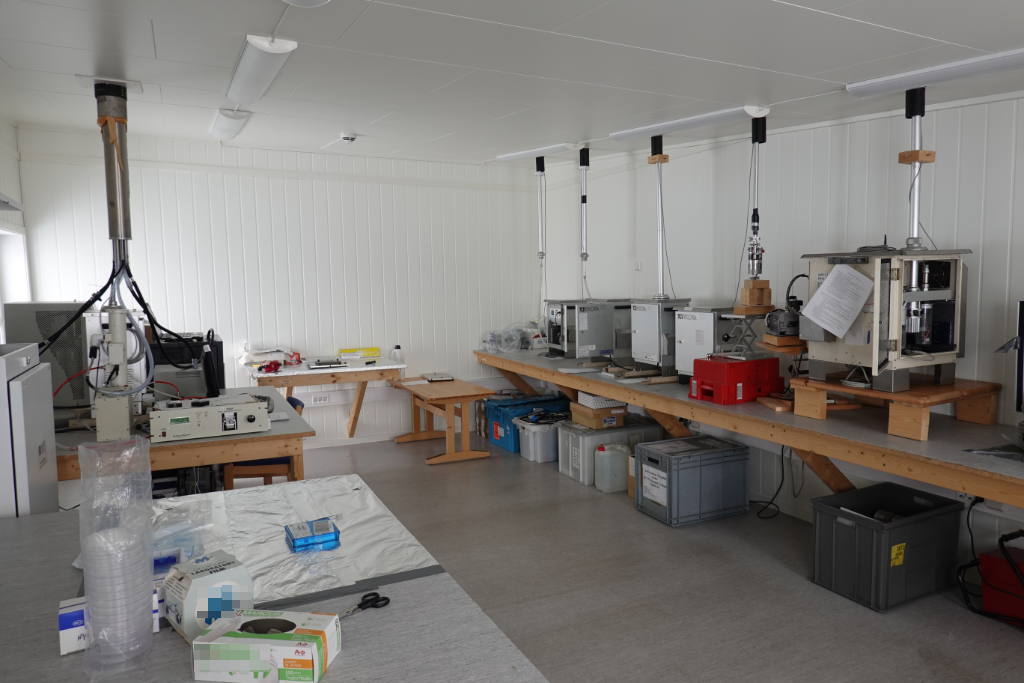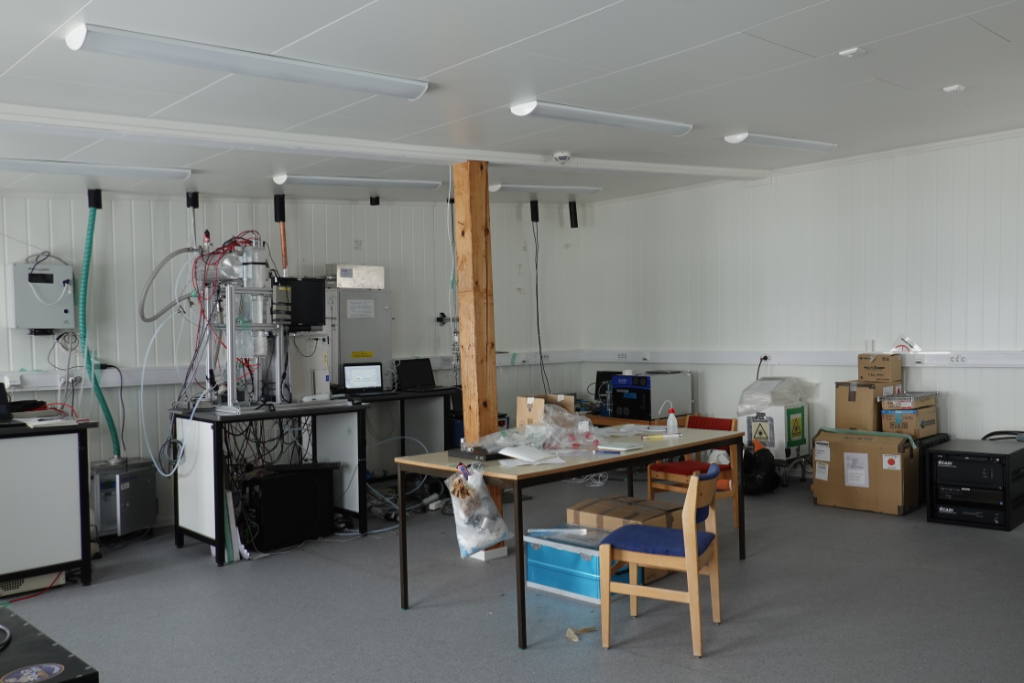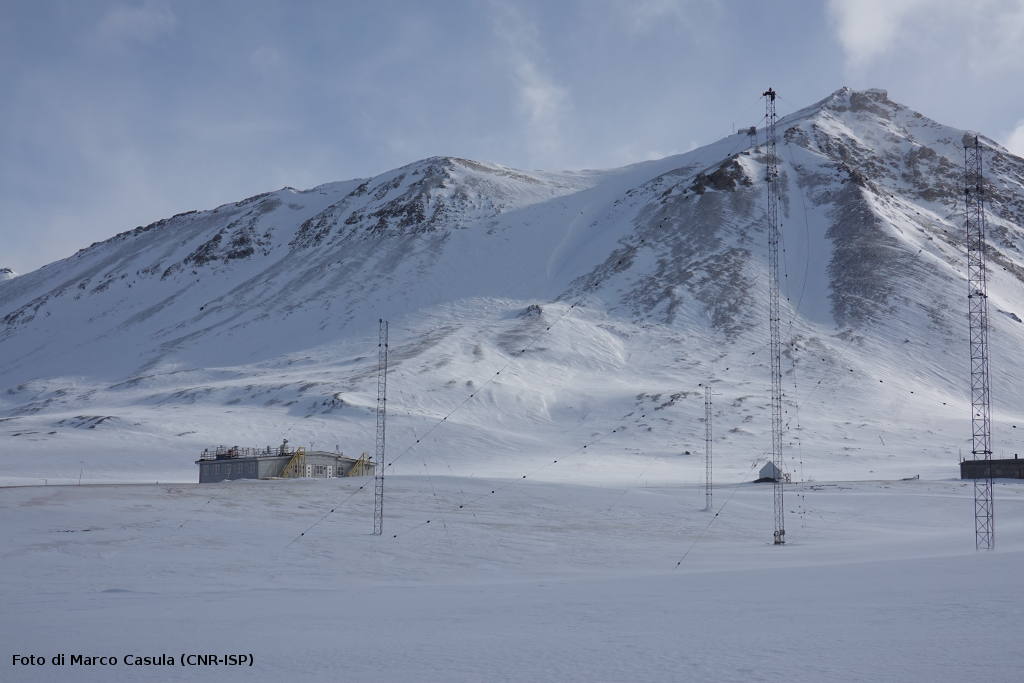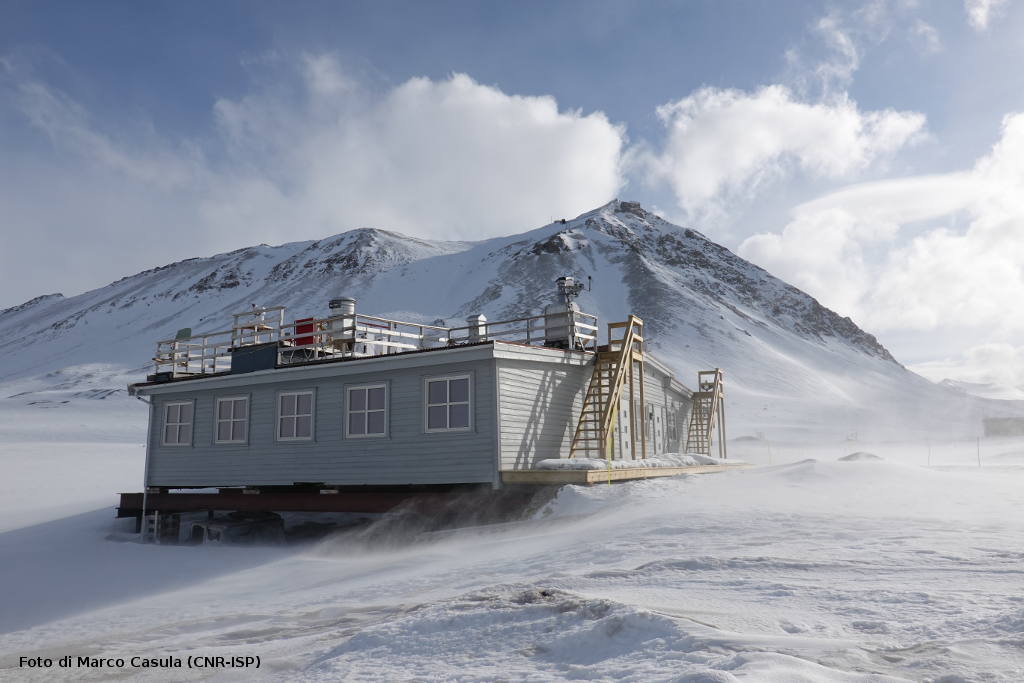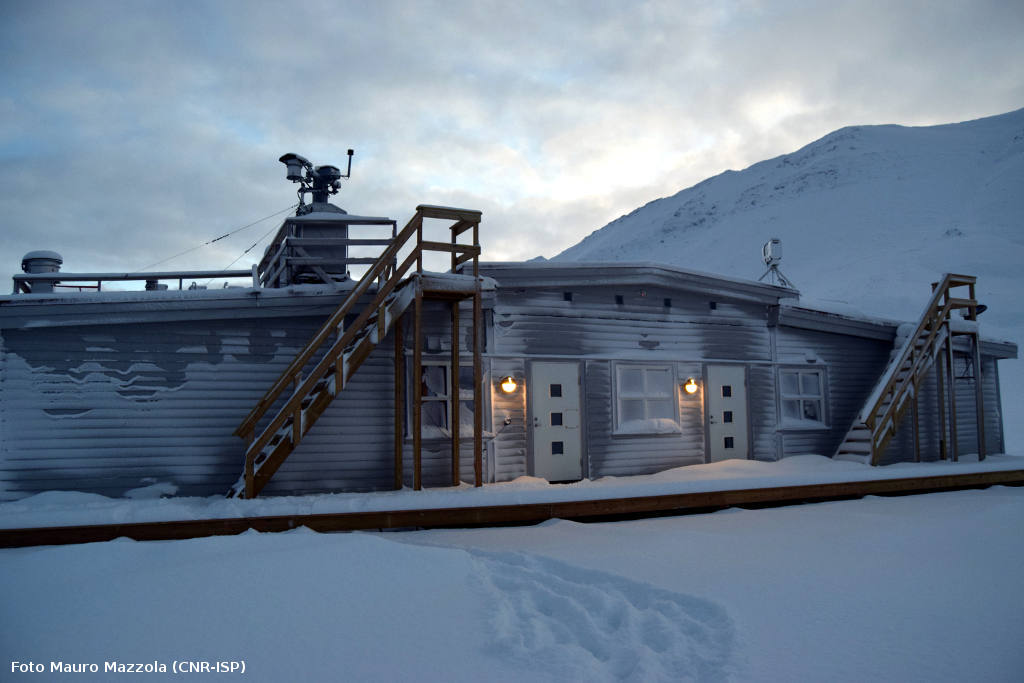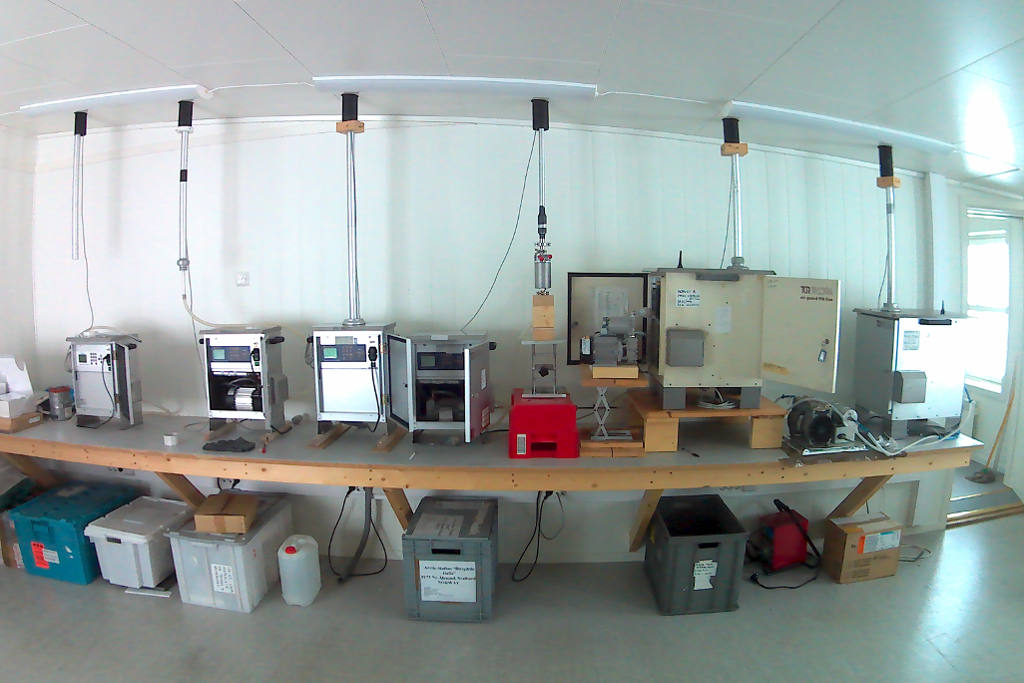
Children categories
 Tanita Pescatore has a degree in Ecobiology (LM) at the University of Rome “La Sapienza” and is attending a PhD in Ecology and Sustainable Management of Environmental Resources at the University of Tuscia, (Viterbo).
Tanita Pescatore has a degree in Ecobiology (LM) at the University of Rome “La Sapienza” and is attending a PhD in Ecology and Sustainable Management of Environmental Resources at the University of Tuscia, (Viterbo).
Her research activities are focused on the dynamics and fate of some organic pollutants (anionic surfactants and pesticides) in soils in different exposure scenarios, on their effect on the natural microbial community and on the behaviour of terrestrial organisms, in particular earthworms (E. foetida).
She has gained experience in the study of the occurrence, distribution, persistence and fate of organic micro-pollutants (PAHs, PCBs, NPs, pharmaceutical residues i.e. antibiotics) in different compartments (surface waters, sediments, suspended matter, soils) and on their possible interactions with biota, through the development and validation of selective analytical methodologies (e.g. GC-MS).
![]() Graduated with honours in the master's degree of Environmental Sciences at the University of Insubria, Italy, in 2020.
Graduated with honours in the master's degree of Environmental Sciences at the University of Insubria, Italy, in 2020.
She is currently attending the second year of PhD in Polar Sciences at the Ca'Foscari University, Italy, in collaboration with University of Insubria. Her active research activities include the direct and indirect effects of recent climate change on permafrost dynamics, with a particular focus on permafrost hydrology.
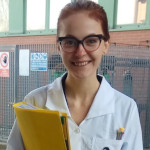 Got her Bachelor’s degree in Animal Care at the University of Padova with a thesis on Caffeine-induced Changes in a shoal behaviour of Tiger Barb (Puntigrus tetrazona). During her studies went to the University of South Bohemia, Institute of Complex Systems FFPW to participate in a project on Changes in shoal behaviour of aquarium fish in the presence of contaminants. Afterwards obtained her Master’s degree in Marine Sciences at the University of Milan-Bicocca with a thesis Picophytoplankton dynamics in the Northern Adriatic Sea (Gulf of Trieste). During the course of her studies went to Thudufushi, Maldives as a Marine Biologist. Moreover, did an experience at The National Institute of Oceanography and Applied Geophysics – OGS (Trieste) using optical (flow cytometry), molecular, and bioinformatics techniques for the study of planktonic microbes in the Gulf of Trieste and Venice. Currently works at the Institute of Polar Sciences (ISP-CNR) in Messina with a research project HALOVITA: anaerobic sulfur-respiring extreme halophilic archaea as model organisms for studying the criteria for a claim of active life detection.
Got her Bachelor’s degree in Animal Care at the University of Padova with a thesis on Caffeine-induced Changes in a shoal behaviour of Tiger Barb (Puntigrus tetrazona). During her studies went to the University of South Bohemia, Institute of Complex Systems FFPW to participate in a project on Changes in shoal behaviour of aquarium fish in the presence of contaminants. Afterwards obtained her Master’s degree in Marine Sciences at the University of Milan-Bicocca with a thesis Picophytoplankton dynamics in the Northern Adriatic Sea (Gulf of Trieste). During the course of her studies went to Thudufushi, Maldives as a Marine Biologist. Moreover, did an experience at The National Institute of Oceanography and Applied Geophysics – OGS (Trieste) using optical (flow cytometry), molecular, and bioinformatics techniques for the study of planktonic microbes in the Gulf of Trieste and Venice. Currently works at the Institute of Polar Sciences (ISP-CNR) in Messina with a research project HALOVITA: anaerobic sulfur-respiring extreme halophilic archaea as model organisms for studying the criteria for a claim of active life detection.
 Graduated in Natural Sciences in 1984.
Graduated in Natural Sciences in 1984.
CNR researcher since 1994 at the Institute of Biomedical Technologies (CNR-ITBM). Since 2002 at the Institute on Atmospheric Pollution (CNR-IIA). From 2019 to the Institute of Polar Sciences (CNR-ISP).
CNR macro areas of reference: Earth and Environment.
Research interests:
- environmental and geographical knowledge organization
- qualitative and quantitative analysis of vertebrate fauna
- Geographic Information Systems
- military geosciences
He currently carries out research on conceptual development and technological innovation in the field of knowledge organization, controlled terminology and multilingual thesauri for the environment. He collaborated, among others, with the United Nations Environment Program (UNEP), with the European Environment Agency (EEA), with the American Environmental Protection Agency (US EPA). He is co-author of the UNEP-Infoterra Thesauri, GEMET, GEneral Multilingual Environment Thesaurus and EARTh, Environmental Applications Reference Thesaurus.
Scopus - Author ID: 25121723300 ![]() http://orcid.org/0000-0001-7315-3364
http://orcid.org/0000-0001-7315-3364
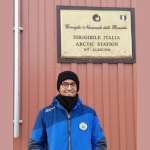 Graduated in Analysis and Management of the Environment from the University of Bologna, he began his collaboration with the Institute of Polar Sciences in 2019, conducting a study on identifying biomass burning events in Ny-Ålesund between 2010 and 2020. Currently a PhD student in Polar Sciences at Ca' Foscari University of Venice, he works at the ISP in Bologna. He mainly focuses on studying the optical and physical properties of atmospheric particulate matter, with a special focus on the Arctic region. He uses passive techniques like solar and lunar photometry, combining them with in-situ measurements of the scattering and absorption coefficients of solar radiation by aerosols.
Graduated in Analysis and Management of the Environment from the University of Bologna, he began his collaboration with the Institute of Polar Sciences in 2019, conducting a study on identifying biomass burning events in Ny-Ålesund between 2010 and 2020. Currently a PhD student in Polar Sciences at Ca' Foscari University of Venice, he works at the ISP in Bologna. He mainly focuses on studying the optical and physical properties of atmospheric particulate matter, with a special focus on the Arctic region. He uses passive techniques like solar and lunar photometry, combining them with in-situ measurements of the scattering and absorption coefficients of solar radiation by aerosols.
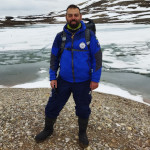 He is currently a fixed-term Technical Collaborator (VI level) (from July 2023) within the PNRR EMBRC project Unlocking the Potential for Health and Food from the seas - EMBRC-UP. Since 2021 he has also been a PhD student in Polar Sciences at the Ca' Foscari University of Venice. In 2014 he obtained a degree in Biology and Ecology of the Coastal Marine Environment at the University of Messina, with the thesis entitled Tolerance to heavy metals and polychlorinated biphenyls in Arctic bacteria (Continental Norway). During the preparation of his degree thesis he spent 4 months at the University of Valencia (Spain) to acquire new laboratory techniques. He has participated in several sampling activities in the Arctic, Antarctica and the Mediterranean for the collection and processing of samples for microbiological studies. In particular, the research interest is aimed at the study of microbial populations in aquatic environments (sea, freshwater and hyperhaline brine), sediments and permafrost. Among the techniques used: estimation of prokaryotic biomass by counting and morphometric and morphological analysis, through the application of microscopic techniques in epifluorescence and image analysis; analysis of the prokaryotic community using CARD-FISH and next generation sequencing; estimation of physiological profiles of prokaryotes at community level using BIOLOG Ecoplate; quantification of viable cells through the use of biomarkers (LIVE/DEAD and CTC); screening of bacteria for the ability to degrade polluting organic compounds. He is the author or co-author of approximately 25 articles in international journals.
He is currently a fixed-term Technical Collaborator (VI level) (from July 2023) within the PNRR EMBRC project Unlocking the Potential for Health and Food from the seas - EMBRC-UP. Since 2021 he has also been a PhD student in Polar Sciences at the Ca' Foscari University of Venice. In 2014 he obtained a degree in Biology and Ecology of the Coastal Marine Environment at the University of Messina, with the thesis entitled Tolerance to heavy metals and polychlorinated biphenyls in Arctic bacteria (Continental Norway). During the preparation of his degree thesis he spent 4 months at the University of Valencia (Spain) to acquire new laboratory techniques. He has participated in several sampling activities in the Arctic, Antarctica and the Mediterranean for the collection and processing of samples for microbiological studies. In particular, the research interest is aimed at the study of microbial populations in aquatic environments (sea, freshwater and hyperhaline brine), sediments and permafrost. Among the techniques used: estimation of prokaryotic biomass by counting and morphometric and morphological analysis, through the application of microscopic techniques in epifluorescence and image analysis; analysis of the prokaryotic community using CARD-FISH and next generation sequencing; estimation of physiological profiles of prokaryotes at community level using BIOLOG Ecoplate; quantification of viable cells through the use of biomarkers (LIVE/DEAD and CTC); screening of bacteria for the ability to degrade polluting organic compounds. He is the author or co-author of approximately 25 articles in international journals.
 She is graduated in Ecobiology (LM) from the University of Rome "La Sapienza" and has a PhD in Environmental and Evolutionary Biology from the same university. His research activities are focused on organic contaminants (eg drugs, antibiotics, polycyclic aromatic hydrocarbons, nonylphenols, bisphenol, etc) interactions with natural microorganisms. She gained experience in setting up biodegradation microcosms to evaluate both the environmental persistence of selected contaminants and their effects on natural microbial communities structure and functioning (e.g. PLFA and qPCR analyses).
She is graduated in Ecobiology (LM) from the University of Rome "La Sapienza" and has a PhD in Environmental and Evolutionary Biology from the same university. His research activities are focused on organic contaminants (eg drugs, antibiotics, polycyclic aromatic hydrocarbons, nonylphenols, bisphenol, etc) interactions with natural microorganisms. She gained experience in setting up biodegradation microcosms to evaluate both the environmental persistence of selected contaminants and their effects on natural microbial communities structure and functioning (e.g. PLFA and qPCR analyses).
Recent research activities are focused on the spread of genes that confer resistance to antibiotics (ARGs) among natural microbial communities, and the correlation between this latter with the antibiotic environmental concentrations. She also works on the development and validation of analytical methodologies (e.g. LC-MS / MS) for the determination of organic pollutants in different environmental matrices.
Scopus - Author ID: 57192521577
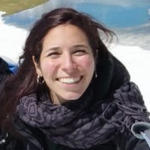 She obtained her Master's degree in Ecobiology (environmental and evolutionary biology) at the University of Rome La Sapienza. She took part in different projects of scientific research in Italy and abroad, mainly focused on the study of biodiversity, through genetic and morphological studies, and on the environment through remote monitoring systems, having the opportunity to deal with several topics and acquire different skills. She is currently a research fellow in the 'NADC National Antarctic Data Center' project, funded by the PNRA. She works at the Institute of Polar Sciences of the CNR (ISP-CNR) in Rome, where she is in charge of data management and managing the IT infrastructure for cataloguing and sharing data and metadata related to scientific projects mainly related to climatology, radiation and marine biology carried out in Antarctica.
She obtained her Master's degree in Ecobiology (environmental and evolutionary biology) at the University of Rome La Sapienza. She took part in different projects of scientific research in Italy and abroad, mainly focused on the study of biodiversity, through genetic and morphological studies, and on the environment through remote monitoring systems, having the opportunity to deal with several topics and acquire different skills. She is currently a research fellow in the 'NADC National Antarctic Data Center' project, funded by the PNRA. She works at the Institute of Polar Sciences of the CNR (ISP-CNR) in Rome, where she is in charge of data management and managing the IT infrastructure for cataloguing and sharing data and metadata related to scientific projects mainly related to climatology, radiation and marine biology carried out in Antarctica.
 She obtained the Ph.D title in Environmental Sciences in 2013 from the University of Messina and spent six years as postdoctoral researcher at the University of Messina, Department CHIBIOFARAM. Since 2019, she is Researcher at the Stazione Zoologica Anton Dohrn, Department of Marine Biotechnology. Research activities are mainly focused on microbial ecology, specifically focused on prokaryotic diversity, bacterial bioprospecting for the research of marine natural products to be applied in the biomedical and environmental field (in temperate and polar habitats). Particular interest is paid to the association of bacteria with filter-feeding organisms and mainly oriented to the study of bioactive molecules. She has improved her laboratory skills during several stays in foreign institutions, i.e. Karlsruhe Institute of Biotechnology (Germany), and Centro de Ciências do Mar Universidade do Algarve (Portugal).
She obtained the Ph.D title in Environmental Sciences in 2013 from the University of Messina and spent six years as postdoctoral researcher at the University of Messina, Department CHIBIOFARAM. Since 2019, she is Researcher at the Stazione Zoologica Anton Dohrn, Department of Marine Biotechnology. Research activities are mainly focused on microbial ecology, specifically focused on prokaryotic diversity, bacterial bioprospecting for the research of marine natural products to be applied in the biomedical and environmental field (in temperate and polar habitats). Particular interest is paid to the association of bacteria with filter-feeding organisms and mainly oriented to the study of bioactive molecules. She has improved her laboratory skills during several stays in foreign institutions, i.e. Karlsruhe Institute of Biotechnology (Germany), and Centro de Ciências do Mar Universidade do Algarve (Portugal).
She participated to oceanographic cruises in the Mediterranean Sea and to the 34th Antarctic Campaign at the Italian Research Station Mario Zucchelli. She has competence in drafting experimental designs, formulation of research aims and profiling of plans for data collection and analysis, interpretation and presentation of statistical findings, biostatistical analyses. She attended specialized courses on microbial metagenome analysis, cultivation and new-generation molecular methods, liquid chromatography and mass spectrometry methods.
To date, she is involved in research projects on polar topics (Arctic and Antarctic microbiology). She is Topic Editorial Board Member of the open-access journals Environments, and is author or co-author of more than thirty papers in peer-reviewed journals (h-index 10, 284 citations).
Scopus - Author ID: 55619021900
 PhD in Environmental Sciences from the Ca’ Foscari University of Venice, with a thesis on the assessment of Small Microplastics (<100 µm) fluxes and other pollutants from the atmospheric compartment to highways stormwaters run-off. Research fellow (2019-2020) at Ca’ Foscari University with a research project in the development and analysis of microplastics (<100 µm) and plastic additives via MicroFTIR and PyrGC/MS in different environmental matrices, such as water, sediment, biota, snow, aerosol and ice cores also from Svalbard Islands. Winner of an Arctic Field Grant 2020 on the quantification and identification of small microplastics, additives, and plasticizers in snow and aerosol from Ny-Ålesund, Svalbard Island.
PhD in Environmental Sciences from the Ca’ Foscari University of Venice, with a thesis on the assessment of Small Microplastics (<100 µm) fluxes and other pollutants from the atmospheric compartment to highways stormwaters run-off. Research fellow (2019-2020) at Ca’ Foscari University with a research project in the development and analysis of microplastics (<100 µm) and plastic additives via MicroFTIR and PyrGC/MS in different environmental matrices, such as water, sediment, biota, snow, aerosol and ice cores also from Svalbard Islands. Winner of an Arctic Field Grant 2020 on the quantification and identification of small microplastics, additives, and plasticizers in snow and aerosol from Ny-Ålesund, Svalbard Island.
Current position: Research Fellow at CNR-ISP on the microplastics and plastic additives analysis and environmental impact assessment in different polar matrices.
More...
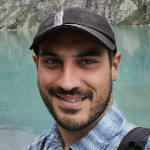 He obtained in 2016 his Master’s degree in Applied Earth Sciences at the University of Turin. In 2021, he obtained his PhD at the University of Hamburg (Germany) in the Department of Earth Sciences. For his doctoral project, he investigated the paleoclimate and paleoenvironmental conditions in the Mediterranean area about 6 million years ago, when the Mediterranean Basin became almost completely isolated from the global ocean. To carry out his research, he mostly uses fossil molecules preserved in marine sedimentary rocks that can be assigned to a biological source in the environment, i.e. lipid biomarkers.
He obtained in 2016 his Master’s degree in Applied Earth Sciences at the University of Turin. In 2021, he obtained his PhD at the University of Hamburg (Germany) in the Department of Earth Sciences. For his doctoral project, he investigated the paleoclimate and paleoenvironmental conditions in the Mediterranean area about 6 million years ago, when the Mediterranean Basin became almost completely isolated from the global ocean. To carry out his research, he mostly uses fossil molecules preserved in marine sedimentary rocks that can be assigned to a biological source in the environment, i.e. lipid biomarkers.
Currently, he is a research fellow at the Institute of Polar Sciences of the CNR carrying out his research at the Aldo Pontremoli join-lab of Lecce and in Bologna. His research deals with the use of lipid biomarkers to reconstruct the effects of permafrost thawing on the Arctic Ocean.
 Senior Researcher at the Institute of Polar Sciences (ISP-CNR) since 2022.
Senior Researcher at the Institute of Polar Sciences (ISP-CNR) since 2022.
Researcher at the Water Research Institute (CNR-IRSA) (2006-2021).
Master Degree in Natural Science and PhD in Environmental Science (University of Milan)
Research interests: 1) Impact of climate change on quantity and quality of water bodies; 2) Morphological dynamics of cryosphere (mainly lakes and rock-glaciers); 3) Hydro-meteorological analysis and modelling; 4) Adapting strategies to climate change: 5) Ecosystem services.
Author or co-author of more than 75 international ISI papers. Editor for Global and Planetary Change, Sustainability and Journal of Mountain Science.
![]() https://orcid.org/0000-0002-3419-6780 Scopus - Author ID: 35620623600 Scholar
https://orcid.org/0000-0002-3419-6780 Scopus - Author ID: 35620623600 Scholar
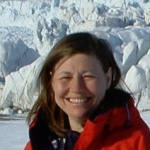 Graduated in Geological Sciences (1981), obtained her PhD in Earth Sciences (1987) at the University of Rome La Sapienza. She started her scientific activity at CNR during her PhD and in 2001 become senior researcher at CNR-IIA. In 2019, she joined the CNR-Institute of Polar Science. She is Adjunct Professor in Remote Sensing and GIS at the Dept. of Ecobiology (University of Roma Sapienza) since 2011.
Graduated in Geological Sciences (1981), obtained her PhD in Earth Sciences (1987) at the University of Rome La Sapienza. She started her scientific activity at CNR during her PhD and in 2001 become senior researcher at CNR-IIA. In 2019, she joined the CNR-Institute of Polar Science. She is Adjunct Professor in Remote Sensing and GIS at the Dept. of Ecobiology (University of Roma Sapienza) since 2011.
Scientific interests: environmental studies, at local and global scale, in Polar and Mediterranean areas using multi-sensor and multi-platform remote sensing images; geostatistical analysis of environmental data and thematic cartography in GIS environment.
Her research activity is focused on the study of the spectroradiometric properties of natural surfaces (from Visible to Thermal Infrared range) aimed to the interpretation and analysis of products deriving from Earth Observation.
Since 1997, she was involved in field surveys in Polar Regions (Antarctica and Arctic) to study the radiometric properties of snow and ice, and the interactions at snow/air/soil interface.
People CNR
 CNR scientist at the Institute of Polar Sciences, headquarters of Venice-Mestre.
CNR scientist at the Institute of Polar Sciences, headquarters of Venice-Mestre.
From 1996 to 2018 at the Center for Biology and Control of Weeds, since 2002 Institute of Agro-Environmental and Forest Biology (IBAF) and since September 2018 Institute of Research on Terrestrial Ecosystems (IRET) of Legnaro, Padua.
Graduated in Agricultural Sciences in 1992.
CNR macro areas of reference: Earth and Environment, Agri-food
Research interests
• Ecophysiology of weeds
• Modeling of the competition between weeds and crops and of light interception within canopies
• Environmental fate of herbicides Summary of activities and assignments:
From 2008 to 2016 responsible for the IBAF URT: Mountain ecosystems for the mitigation of environmental changes in the alpine area at the Alpine Studies Center of the University of Tuscia in Cinte Tesino (TN).
Member of the Management Committee of the COST Action E 47 (2005-2009): "European Network for Forest Vegetation Management: Towards Environmental Sustainability" del domain: Forests, their Products and Services.
Referee for the journals: Applied Ecology, Weed Research, Int. J. of Biodiversity and Conservation, Spanish Journal of Agricultural Research, Journal of Testing and Evaluation.
Experiences abroad:
In 1995 and 1997 he spent two periods abroad at the WUR (Wageningen University and Research, the Netherlands) for a total of 6 months.
In 2002 he was visiting scientist for about 4 months at the Department of Botany and Plant Sciences, University of California, Riverside, CA, USA.
In 2008 he was visiting scientist for two months at the Plant and Invertebrate Ecology Department, Rothamsted Research, UK.
Scopus - Author ID: 6507412824
 Ministero dell'Universita e Ricerca
Ministero dell'Universita e Ricerca
Programma Ricerche Artico
Programma Nazionale di Ricerca in Antartide
 Ministero degli Affari Esteri e della Cooperazione Internazionale
Ministero degli Affari Esteri e della Cooperazione Internazionale
L'Italia e l’Artico
L’Italia e l’Antartide
CNR-ISP
National Research Council
Institute of Polar Sciences
c/o Scientific Campus - Ca' Foscari University Venice - Via Torino, 155 - 30172 VENEZIA MESTRE (VE)
Phone: +39 041 2348547 - E-mail: protocollo.isp AT pec.cnr.it
Fax: +39 041 2348 549 - Codice Fiscale: 80054330586 - P.I.:02118311006
Unless otherwise indicated, the content of this site is licensed : Attribution Non Commercial Share Alike 4.0 International (CC BY-NC-SA 4.0)
Privacy policy e Cookie policy - Transparent administration (CNR)






